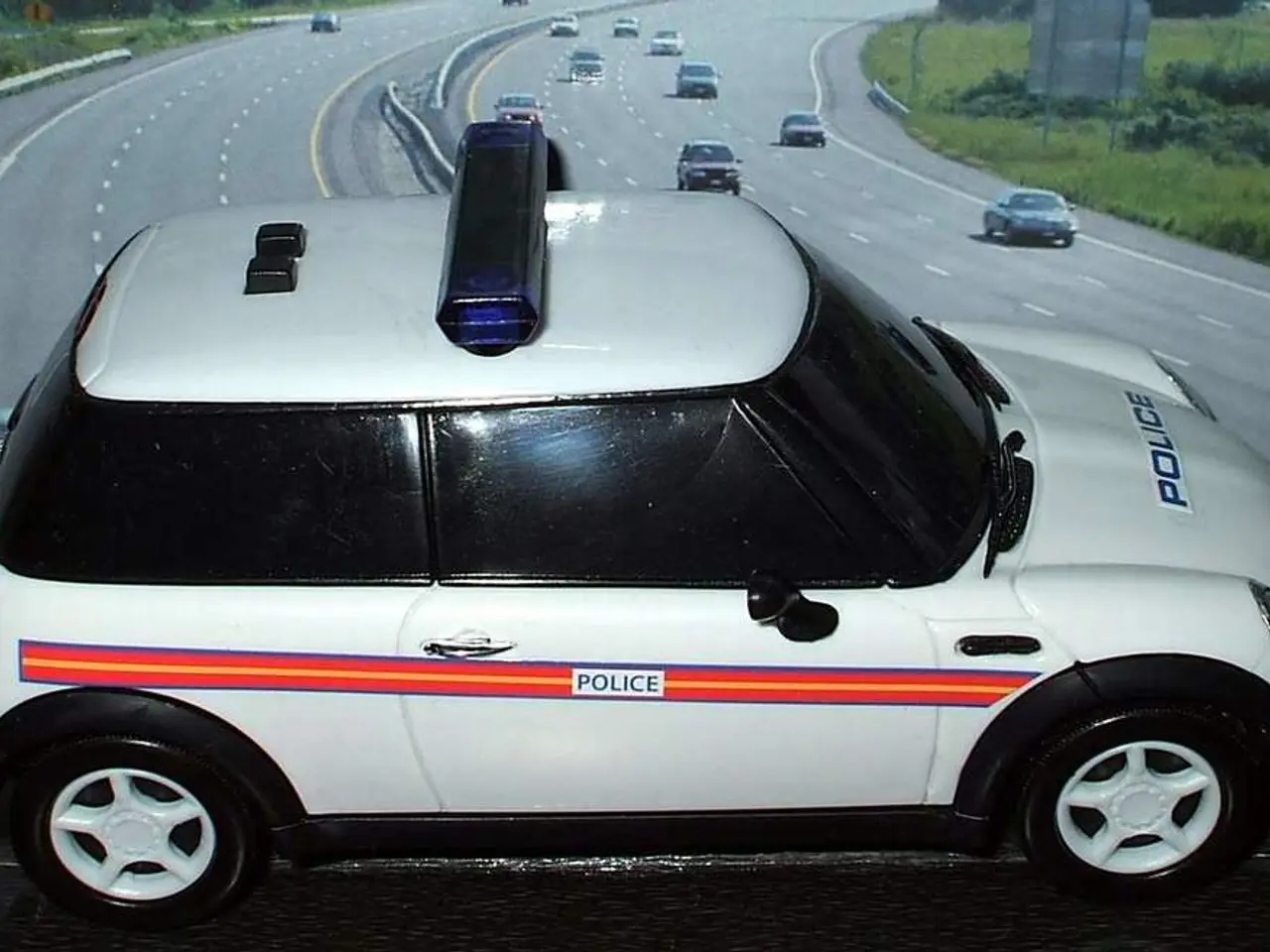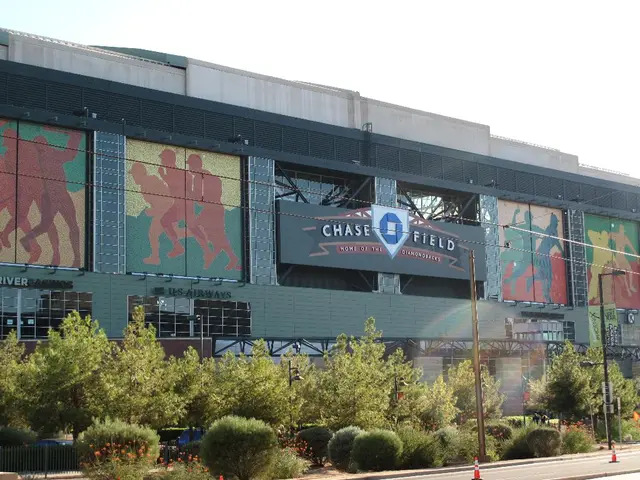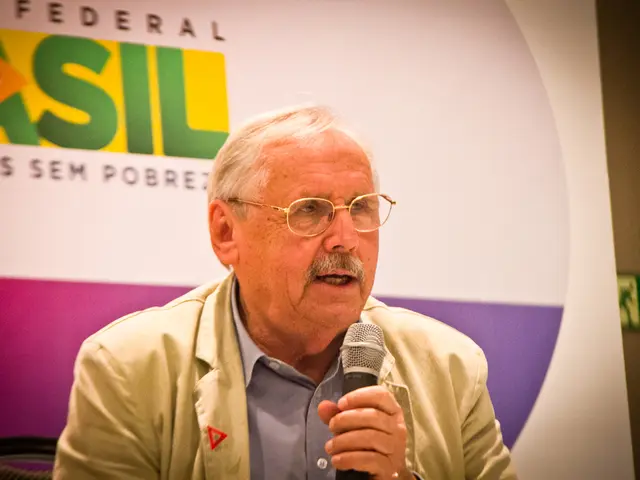D.C. Council Chair replies to Trump's emergency proclamation
In the heart of August 2025, President Trump declared an emergency in Washington D.C. and initiated a federal takeover of the police department, marking a significant shift in the city's law enforcement landscape. This move, authorised under Section 740 of the D.C. Home Rule Act, has seen more than 800 D.C. National Guardsmen deployed, along with hundreds of additional state Guardsmen and federal agents from agencies such as Homeland Security, FBI, and the Secret Service [2][4].
The federal takeover, which lasts 30 days unless Congress approves extensions, has raised concerns among city leaders due to its potential for long-term extensions, possibly through a national emergency declaration [2][4]. The justification for this takeover, citing "out-of-control" crime, is questionable, as official statistics show that violent crime in D.C. is at a 30-year low and has declined 35% since 2023, contradicting the rationale offered by the White House [1][2][3].
One of the most contentious aspects of the federal takeover is the relocation of homeless individuals. Federal authorities, under the takeover, are enforcing anti-homelessness laws more aggressively, offering homeless individuals shelter or addiction treatment. Those refusing these offers face fines or jail time. Hundreds of homeless encampments have been removed from federally controlled parks in D.C. The goal stated by administration officials is to improve city safety and aesthetics by removing "mentally disturbed individuals" and homeless camps [4].
The impact on city leaders has been significant, creating a power struggle between the federal government and local D.C. leadership. Chairman of the D.C. Council Phil Mendelson has expressed concern over the president's rhetoric towards homeless individuals and the potential political motives behind the takeover, suggesting it might be used as an example to attack perceived liberal cities and score political points [5]. Mayor Muriel Bowser and D.C. Council members acknowledge limited legal options to contest the takeover due to statute limitations and political realities but remain concerned about federal overreach and the challenge to home rule autonomy [2][4].
Resources are strained as local authorities adjust to the influx of federal forces and new enforcement priorities, including homeless relocation efforts that are more punitive than before [2][4]. Chairman Mendelson has noted that additional presence over the weekend resulted in a few arrests for quality-of-life crimes, but it might not be a compelling case for extending the takeover [5].
As the federal takeover continues, the city grapples with the implications of this shift in federal-local relations, raising legal questions about Posse Comitatus and home rule, and concerns about aggressive policing methods without local accountability [1][2][4][5].
- The federal takeover of the police department, initiated by President Trump, has ignited discussions among community leaders about the potential impact on policy-and-legislation and politics, as the 30-day measure may be extended indefinitely through a national emergency declaration.
- The federal takeover's rationale, citing "out-of-control" crime, has been called into question, given that official statistics show a 35% decline in violent crime in D.C. since 2023, raising concerns about general-news reporting and the accuracy of war-and-conflicts narratives.
- Politics and public opinion are further complicated by the relocation of homeless individuals, a contentious aspect of the takeover, with city leaders expressing concerns about crime-and-justice implications and potential violation of Posse Comitatus and home rule autonomy.








